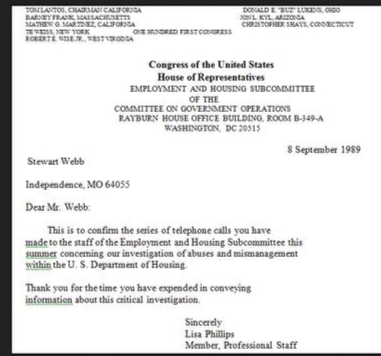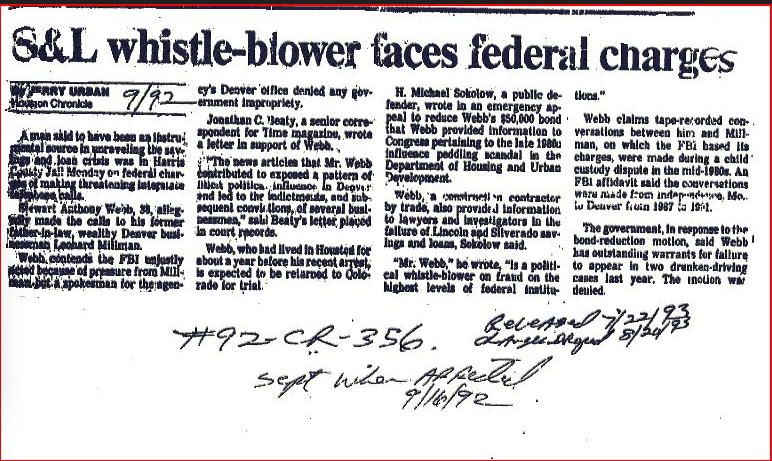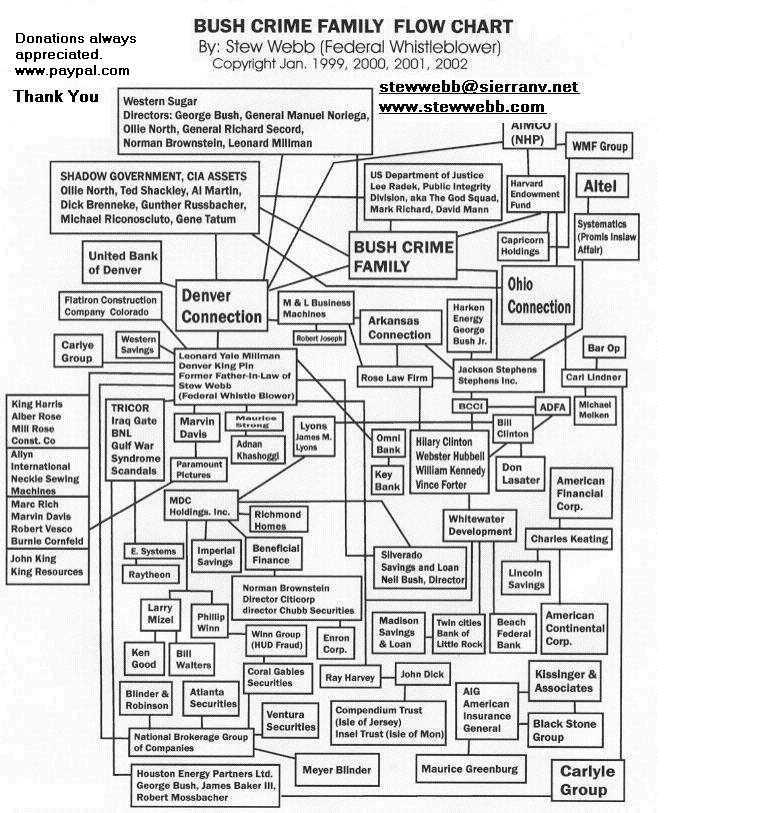Xi Jinping is in a battle with China’s own military, and the outcome could drag the US into WWIII
https://www.businessinsider.com/xi-jinpings-battle-with-chinas-military-could-drag-us-ww3-2024-1?utm_source=copy-link&utm_medium=referral&utm_content=topbar
- Xi Jinping is in a struggle with China’s military, purging senior commanders to reshape it.
- He wants generals ready and willing to go to war, analysts told Business Insider.
- A Chinese invasion somewhere like Taiwan could drag the US into a Third World War, one analyst said.
Xi Jinping is fighting with China’s own military, seeking to purge commanders he sees as unwilling or unable to go to war, military analysts told Business Insider.
The Chinese leader is “trying to gain control of the military, and I think that he is thinking that he needs officers who are prepared to actually fight,” said Gordon Chang, a senior fellow at the Gatestone Institute and author of “China Is Going to War.”
“There is a sense that many of China’s general officers don’t want to fight,” according to Chang. “And so we really have a force led by an officer corps that is ambivalent about going to war.”
Since taking power in 2012, Xi has overhauled China’s military by cutting deep into its personnel, seeking to improve military-civilian cooperation, and reshaping its structure, among other reforms.
His efforts reached a crescendo on December 29, 2023, when Xi dismissed nine senior officers in one stroke.
Since then, reports and US intelligence have suggested the decisions were to root out corruption — a motive often cited when Chinese officials are abruptly dismissed.
However, to Chang, this theory misses the point.
“Because if that were the case, all of them would be sacked,” he said.
For him, Xi is likely purging officers who are reluctant to go to war.
He cited Chinese Air Force General Liu Yazhou, who cautioned against an invasion of Taiwan and received a suspended death sentence in February 2022, per the AsiaNews agency.
BI also spoke to Joel Wuthnow, a senior research fellow in the Center for the Study of Chinese Military Affairs at the National Defense University in Washington, DC.
He argued that rooting out corruption and readying China for war were aligned goals.
“The removals indicate that Xi should be concerned about the quality of people and equipment he has invested in over the last decade,” he said.
The nine senior commanders were involved in China’s Rocket Force, which would have a crucial role in any military campaign, said Wuthnow.
“If that equipment malfunctions or can’t be relied on, how confident can Xi and his colleagues be that the PLA will prevail?” Wuthnow asked.
Xi is talking himself and China into a conflict
China has been engaged in low-level hostilities with many of its near neighbors.
There is India in the disputed Himalayas, Japan in the East China Sea, the Philippines in the South China Sea, and Taiwan, which China claims as its own territory.
China’s incursions in Taiwan‘s air–defense zone over the last five years have prompted some US Navy and Air Force officials and military observers to predict that China would invade Taiwan in the next few years.
However, to Chang, it is impossible to determine where the big flare-up could come from.
“I don’t think that we can say, ‘Oh, it’s Taiwan or whatever’,” he said, despite the island occupying the most attention in Western deabtes about China’s military intentions.
He noted that Xi has been ramping up warlike rhetoric.
In his New Year’s address, Xi said China “will surely be reunified, and all Chinese on both sides of the Taiwan Strait should be bound by a common sense of purpose and share in the glory of the rejuvenation of the Chinese nation,” according to the official translation of his speech.
Xi drove the message home in a recent face-to-face meeting with Biden, NBC News reported. The network said Xi told Biden at the APEC summit in San Francisco in November 2023 that China intended to take control of Taiwan.
It continued previous interactions on those lines — in November 2021, Xi warned Biden that his administration was “playing with fire” and urged Biden not to encourage Taiwanese independence, calling it “dangerous.”
This is significant, Chang said, because it creates “markers” for Xi’s political enemies; with such statements, he could be “talking himself and China into a war,” he said.
Wuthnow, however, believes Xi is now more cautious following Russia’s invasion of Ukraine, having seen it destabilize Vladimir Putin’s domestic position and fearing the same could happen to him.
“Russia has paid an enormous price for its misadventure, and China would as well. Moreover, a failed invasion would be worse for Xi politically than not trying at all,” he said.
A Chinese invasion could drag the US into WWIII
All the conditions are in place for a third world war, Chang said: There is widespread conflict — war in Ukraine, insurgencies in Africa, Israel’s war on Hamas in Gaza, and military activity in the Red Sea, Persian Gulf, and Indian Ocean.
“Remember, in the 1930s, there were separate wars that merged into what we now call World War II,” he said.
“The same dynamics exist today, and it’s entirely possible, and some people can even argue that it’s probable that these will merge into a global conflict,” Chang said.
A Chinese invasion in East Asia would drag Western countries into something larger, he predicted.
“I think that Xi Jinping is taking two pages out of Mao’s Peasant Revolution playbook.”
“One of them was to encircle the cities from the countryside. And in this, I think that Xi Jinping views Ukraine, north Africa, Israel as the countryside, and the United States as the city,” he said.












